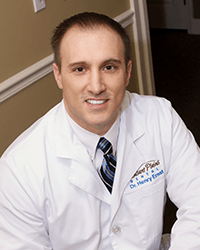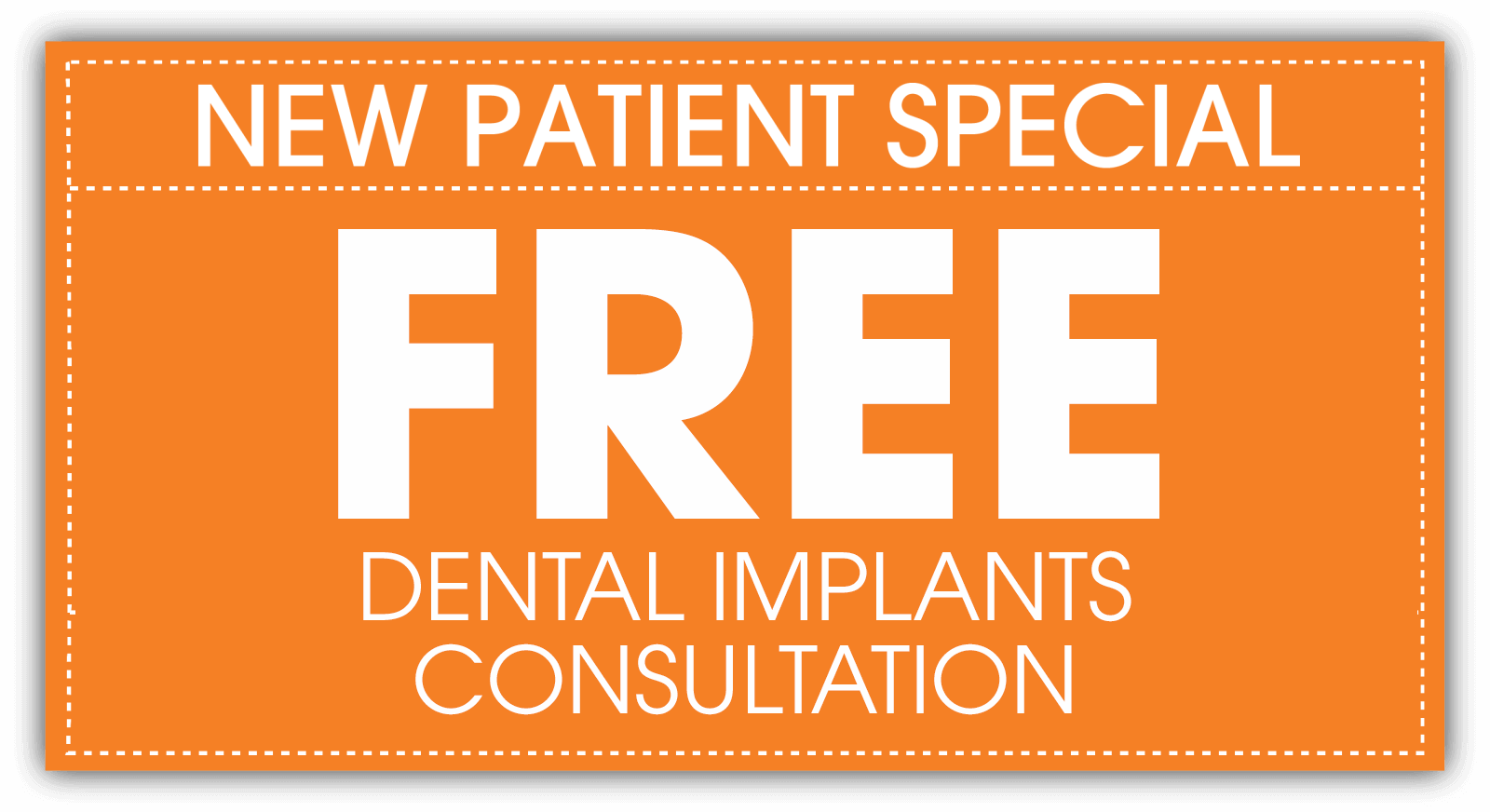Dry Mouth Dangers
 You’ve likely suffered from a dry mouth at some point in your lifetime. Many people get a dry mouth when they are nervous or stressed. However, if you experienced dry mouth, or xerostomia, on a frequent basis, your oral health may be at risk. Dry mouth is the condition of not having enough saliva to keep the mouth moist. Your spit plays an important role in your mouth, beyond just helping you talk, swallow and break down food.
You’ve likely suffered from a dry mouth at some point in your lifetime. Many people get a dry mouth when they are nervous or stressed. However, if you experienced dry mouth, or xerostomia, on a frequent basis, your oral health may be at risk. Dry mouth is the condition of not having enough saliva to keep the mouth moist. Your spit plays an important role in your mouth, beyond just helping you talk, swallow and break down food.
Did you know that you saliva is responsible for aiding in the prevention of tooth decay, gum disease and mouth infections? It does this by rinsing away food particles and harmful bacteria as well as neutralizing acids on your teeth and gums. Therefore, in addition to suffering through the aggravating symptoms of a dry mouth, your condition could be compromising the health of your smile.
Dry mouth occurs when the salivary glands stop working properly. There are multiple causes for dry mouth, and it is important that you find what is causing your condition so that you can treat it properly. Dry mouth can result from the following:
- Certain medications
- Diseases such as diabetes, Parkinson’s or Sjogren’s syndrome
- Cancer treatments like chemotherapy or certain radiation therapies
- Smoking or chewing tobacco
Treating your dry mouth may involve simple at-home remedies such as drinking more water, chewing sugarless gum and avoiding tobacco and alcohol. If your symptoms do not improve, your dentist may prescribe a special oral rinse to alleviate dry mouth. Regardless of what is causing your condition, dry mouth patients must pay special attention to the health of their teeth and gums. At Pleasant Plains Dental, we offer a variety of treatment options and educate patients on the importance of monitoring their dental health if they have dry mouth.
Posted on behalf of Dr. Henry J. Ernst, Pleasant Plains Dental

 Watch Our Practice Video!
Watch Our Practice Video!